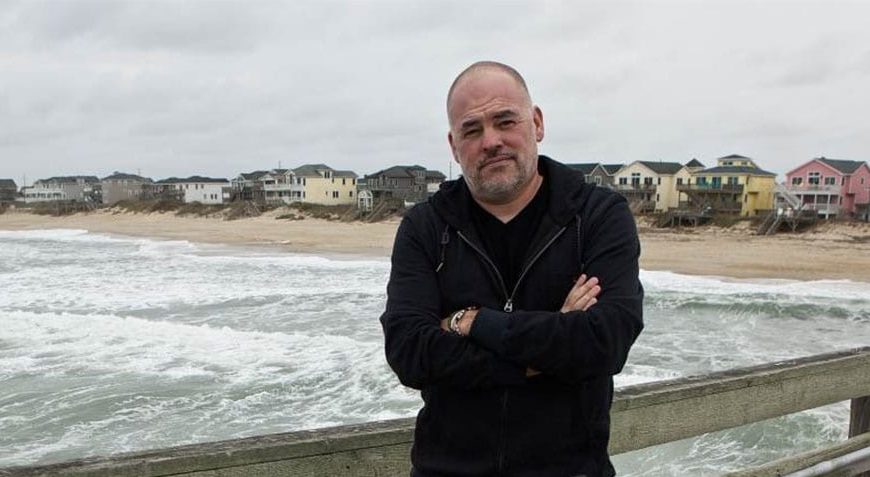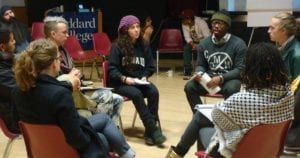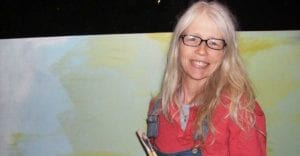 “[F]emale bad characters can…act as keys to doors we need to open, and as mirrors in which we can see more than just a pretty face. They can be explorations of moral freedom — because everyone’s choices are limited, and women’s choices have been more limited than men’s, but that doesn’t mean women can’t make choices . Such characters can pose the question of responsibility, because if you want power you have to accept responsibility, and actions produce consequences.”–Margaret Atwood, “Spotty-Handed Villainesses: Problems Of Female Bad Behaviour In The Creation Of Literature”
“[F]emale bad characters can…act as keys to doors we need to open, and as mirrors in which we can see more than just a pretty face. They can be explorations of moral freedom — because everyone’s choices are limited, and women’s choices have been more limited than men’s, but that doesn’t mean women can’t make choices . Such characters can pose the question of responsibility, because if you want power you have to accept responsibility, and actions produce consequences.”–Margaret Atwood, “Spotty-Handed Villainesses: Problems Of Female Bad Behaviour In The Creation Of Literature”
After my writing group met last week, I didn’t know what to make of their response to a chapter from Bentwood, my novel in progress. The chapter is in the point of view of a character I’ll call B., a narcissistic college president preoccupied with making sure that no one usurps her parking space. The group found B. quite sympathetic, pointing to a passage where she fantasized about writing a memoir. That showed her depth, they thought, as did her vulnerability during an awkward conversation with her 20-something daughter.
“But B.’s evil,” I blurted. “And she’ll never write that memoir. It’s just wishful thinking.”
I was immediately taken aback at my own vehemence. Evil? Was she really that bad? On reflection, the eagerness of the group’s members to read my character as empathy-worthy made me second guess myself. Was it really okay to be creating this wicked “implied person”? To be having so much fun getting inside B.’s self-involved perspective, let alone savoring the comeuppance I planned to visit on her?
The thing was, I had to admit that my own views of B. had evolved along the way. The kernel of inspiration for my novel had been the extravagant bad behavior of an academic tyrant whose antics I’d observed at close range. She was an intelligent, sporadically charming woman who paid obsessive attention to her own appearance, was said to employ a personal shopper, and flew into a tizzy when she couldn’t change her outfit between back-to-back meetings. Her henchfolk snooped into employee e-mail. She barked at the faculty in tones befitting a drill sergeant. She got people fired when they dared to criticize her. To top it off, she was brazen enough to rebuke criticisms of her reign with not-so-subtle suggestions that her critics must be sexists; male leaders, she insisted, would be spared such impertinence.
One winter residency, the Plainfield campus thrillingly snow-covered, as I walked past Martin Manor late at night, I had an entertaining thought: what if a character resembling my tyrant-administrator were to tangle with the Manor’s ghostly inhabitants?
I pictured my character fleeing through the icy Upper Garden in merciless moonlight, harried by supernatural forces. Voila–the Haunted President! I thought. Sounds like a point of departure for a novel.
And it would let me skewer more than one enemy, for my academic tyrant was only the most extreme example of the cruelty, duplicity, and corporate-mindedness I’d encountered in several academic venues over many years.
From that kernel, over time I planned a story involving four point of view characters. Three would be as wholly invented as I could make them (in other words, crazy quilt amalgams of observation, memory, and fantasy); only in the case of B. would I feel free to steal as much as I wanted from one real individual. With B., I could test the notion that writing well is the best revenge. I could satirize to my heart’s content, while arranging my plot to punish her far more satisfactorily than real life ever allows.
But a funny thing happened when I actually started writing. I had to make B’s feelings believable to myself. As Margaret Atwood says, when you’re writing a novel, it’s all about what you can get away with. In order to get away with anything in an audience’s eyes, the writing first has to feel true to me.
I remembered advice I’d once heard from another novelist: to the extent that you abhor a character, make sure that he or she shares some of your personal traits. I realized that only by giving B. some aspects of my own psychology could I believe in my writing to the requisite extent.
So it turns out that B. reflects the part of me that hates disorder, the part that once enjoyed scoring high on multiple choice tests, the part that secretly despises others’ perceived incompetence. The part that used to dream of a “perfect” life while snipping photos of party dresses and deck furniture out of my mother’s Ladies Home Journals and Sunset Magazines. As a further link, I’ve given B. a background that draws on my childhood memories of the Pacific Northwest in the years when it was still ruled by the old timber economy. I’m amazed not only at how she comes alive for me in relation to this setting, but how writing her allows me to revisit parts of my life that I never expected to draw on for fiction.
So, is my writing group right? Is B. a complex character with whose depth and vulnerability the reader is invited to sympathize? Or are they misreading my intentions? Will readers be turned off by B. when they find out how selfish she actually is? And will they look askance at me, wondering why my imagination goes to such perverse places instead of working to demonstrate that everyone is basically good at heart?
I regret calling B. “evil.” I oversimplified. It’s a problematic label, anyway–not because the word doesn’t point to an important aspect of reality (the human role in inflicting needless suffering), but because it serves to cordon off a special zone of extreme moral culpability, thereby offering reassurance that we are not that. In our time, I believe, the key ethical nexus concerns not individual choice in isolation, but the hinge where the personal meets the systemic–where each of us uses what power we possess to cooperate with or dissent from ongoing wrongs.
The fact is, it’s too soon to know how B. will turn out. As a character, she’s a work in progress. For my book to take shape, I have to be open to the possibility that she will end up quite different from who I thought she was at the outset. All I really know so far is that I’m intensely invested in imagining B. as a way to explore my feelings about gender and power. Far beyond the confines of academia, B. evokes for me so many famous, successful, establishment-connected women of my time: from Margaret Thatcher to Hillary Rodham Clinton, women who have performed the fascinating, repugnant feat of daring to exercise power in ways I believe reinforce prevailing injustice.
What matters to me is my inner freedom to make B. as bad as she needs to be for the story–but without stripping her of credible complexities. She’s far more intriguing to me than her real-life prototype the academic tyrant ever was or could have been. Writing well is too much work to undertake for revenge’s sake. It’s only sustainable as an act of discovery.







